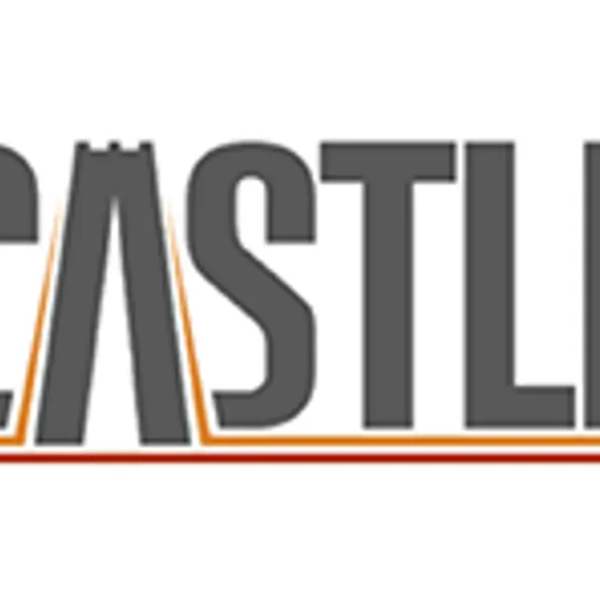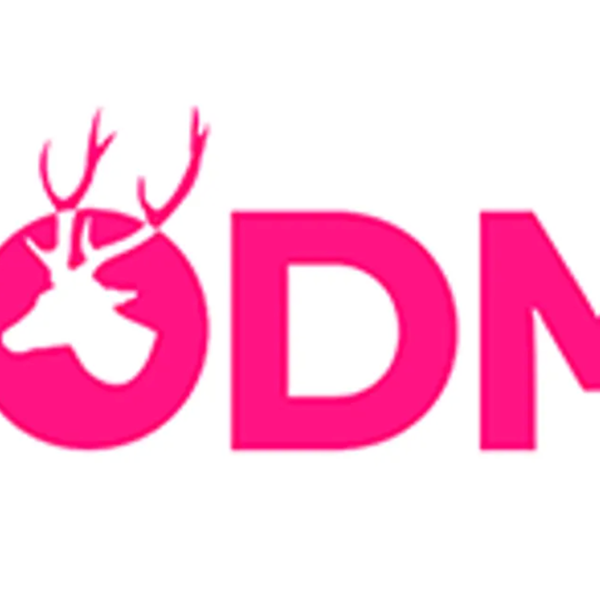Meet the Avatar Fan Fighting for Offshore Wind

Today’s chat is with George Povall, director of the All Our Energy pro-offshore wind environmental group. Povall – who told me he was inspired to be an environmentalist by the film Avatar – has for more than a decade been a key organizer on the ground in the Long Island area for supporting offshore wind development. But these days he spends a lot more time fighting renewables disinformation, going so far as to travel the community trying to re-educate people about this technology in light of the loud activism against it.
After the news dropped that states are suing to undo the Trump executive order against offshore wind, I wanted to chat with Povell about what environmentalists should do to combat the anti-renewables movement and whether there’s still any path forward for the industry he’s spent nearly a decade working to build as an activist.
The following conversation transcript was lightly edited for clarity.
Okay so first of all, what made you become a pro-wind environmental activist?
This all goes back to maybe 15 years ago. I’ve always been environmentally minded. I’m 55 years old and not from the nonprofit sector. I like everybody else was living my normal life and maybe with some naivete thought that if things were good and economical and made sense and worked better than what we were doing in the past, we’d move on from that. But time kept creeping along and we went through the 1990s and 2000s and then I began to become more aware. I just thought people who knew more than I did would do something about this.
Surprisingly I look back and a movie that really motivated me to do what I’m doing is Avatar. They’re destroying the planet for the materials – exactly what we’re seeing now. We’re seeing it more than ever, with someone who is almost like a comic book villain now wanting to strip-mine the sea bed. I wonder what the anti-offshore wind people have to say about that.
It’s been surprising to me. We had always known there was going to be opposition to offshore wind, and disinformation coming. We had always tried to get out ahead of it but we were always unsuccessful in getting funding to deal with that.
Did the developers get ahead of it?
No. I think the developers got a lot of bad advice from the public relations firms they were using.
We kept telling them, please just tell the people what’s going on. I can see how they got into that position because people were asking questions about things that weren’t decided yet. But instead of saying they didn’t know and it wasn’t decided yet, they refused to admit they didn’t know something, even if that was the case. It engendered a lot of distrust in the communities that opponents were able to seize on quite easily.
I know from someone who has done campaigns of community organizing before, you just tell people what it is and what you know. It engenders trust. Unfortunately it didn’t go that way and I think a big part of that is they should’ve been more ready for people who were not willing to accept any answer as acceptable.
It feels to me like offshore wind has now become a wedge issue. A culture war issue. And they got people who frankly should’ve known better to listen to some of the least reliable people in the community throwing out claims that were ridiculous. And they overwhelmed a lot of people with half truths, misinformation. People couldn’t keep up.
What is the environmental movement actually doing now to address what is not just a policy problem but a cultural problem?
Well, that’s a great question and we have been trying to turn it around for a while. Though we have some resources, it is really hard to deprogram people. It’s very hard. I have spoken to people who came to me and said, I haven’t made up my mind. I am just looking for the right information. And when I gave it to them, they told me I was a “climate cult zealot.” That’s what everybody in the environmental movement is to them.
We need to really just bring in the people who support this stuff. It’s a basic concept but unfortunately we’ve never had the capacity to do that kind of thing. It’s something bigger organizations were doing, but they don’t have capacity for it now either. So it’s on us to just find the things that aren’t being done and do them. It’s about building coalitions.
It’s about starting from zero. Having offshore wind 101 information sessions and getting other organizations involved and getting their people educated. It can’t be a single process doing that. If the general public knew how a wind turbine works, if the average person on the street knew how it works, they’d laugh at people when they throw disinformation at them – but they don’t know it’s nonsense yet.




